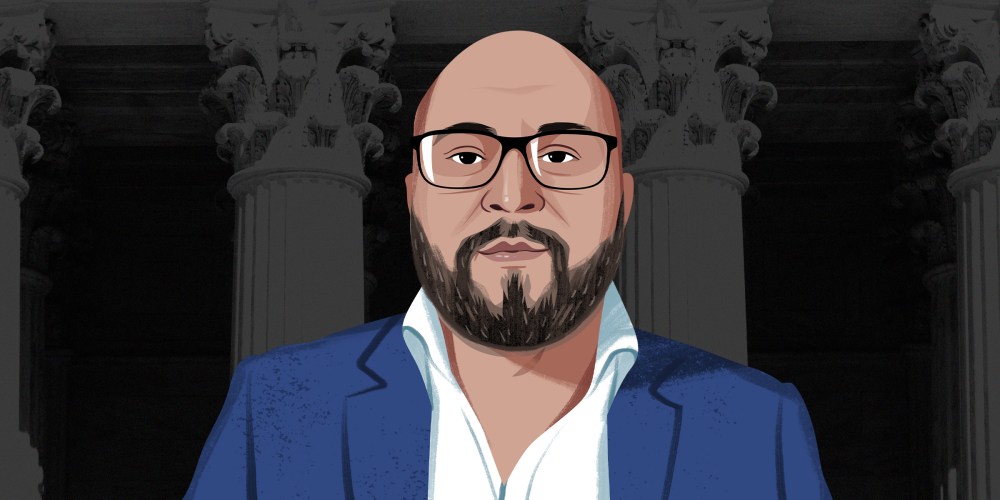“If Donald Trump retakes the White House, it is said that he can effectively direct the Department of Justice to quash the two federal cases against him. We often hear that the U.S. subscribes to the theory that ‘no one is above the law,’ but doesn’t this kind of power suggest otherwise?”
— Stephen Henry, Calgary, Alberta, Canada
Hi Stephen,
Yes, it does.
The law should be a great equalizer. But when it comes to the presidency, that’s not even true in theory.
Before getting to the brazen possibility you reference, let’s look at the Justice Department’s policy of not prosecuting sitting presidents. If not being above the law means being treated like everyone else, it places presidents above the law (at least temporarily).
To be clear, this isn’t a Trump-specific policy. Had special counsel Robert Hur found that President Joe Biden committed classified documents-related crimes, then Biden would’ve benefited from that same policy (also temporarily). If Trump wins in November, this policy could again protect him, like it did in the Robert Mueller probe when he was president. However, whether it should apply to someone already charged before coming into office is debatable. If Trump wins, we’ll revisit the subject, but it’s a moot point if he kills the cases.
In a 2000 memorandum on the non-prosecution policy, the Justice Department recognized the “above the law” maxim you cite. But among its defenses was that presidents could be prosecuted after they leave office. Yet, the extent of that possibility is in flux, pending the Supreme Court’s immunity decision in Trump v. United States. That appeal comes in the federal election interference case, one of the two prosecutions that Trump would likely quash if he wins. If he did so, that would at least violate the spirit of the concept that no one is above the law. It would be more like an affirmation that the president is the law.














